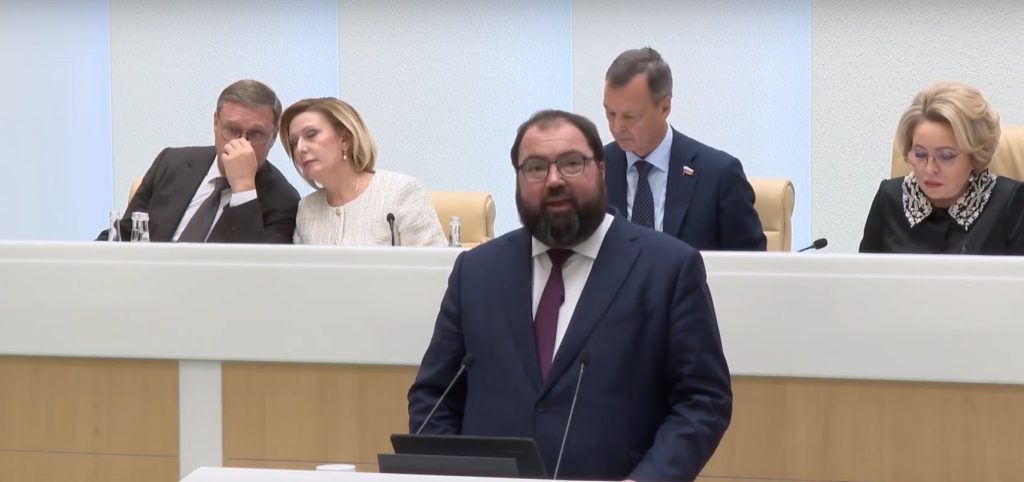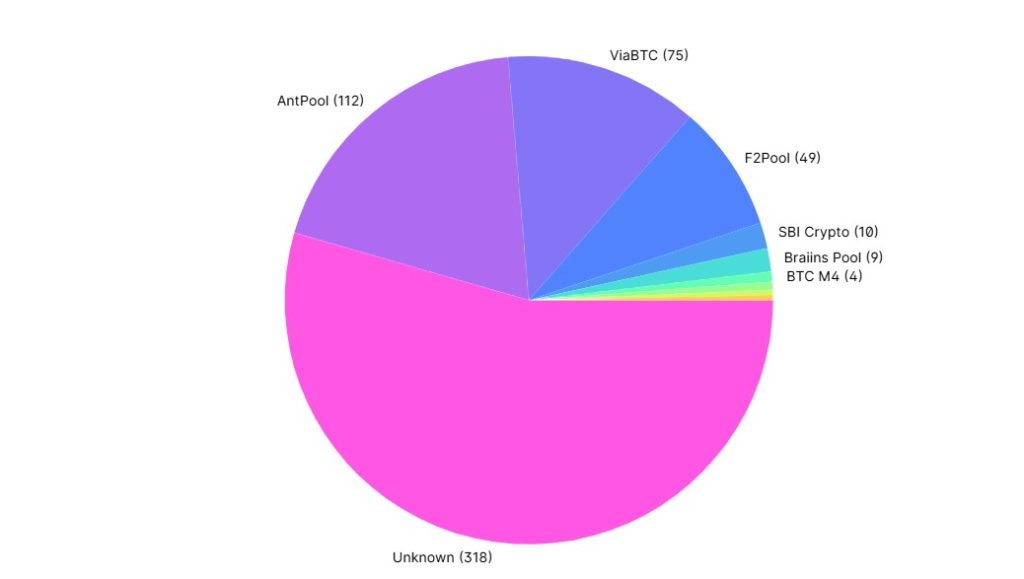Russian Ministry Unveils Stricter Regulations for Illegal Crypto Mining
In a significant move towards regulating the cryptocurrency landscape, the Russian Ministry of Digital Development, Communications, and Mass Media has drafted new proposals targeting illegal cryptocurrency miners. If these plans receive approval, they could transform the way unauthorized mining activities are handled across the nation. According to a recent report by Forbes Russia, this proposal is currently undergoing an interdepartmental review, setting the stage for potentially sweeping changes in the country’s crypto regulations.
The Weight of New Penalties
One of the key elements of the new proposal involves empowering Russian judges to impose hefty fines on individuals found engaging in illegal mining operations. Fines are set to range from 100,000 to 200,000 rubles (approximately $1,272 to $2,544) for offenders caught mining without proper authorization. This law aims to not only penalize individuals but also to send a clear message about the seriousness of noncompliance.

Maksut Shadayev, the Russian Minister of Digital Development, Communications, and Mass Media, speaking at the Federation Council earlier this year.
Expanded Reach and Stiffer Consequences
The Ministry’s initiative goes beyond mere fines for individual miners. It also targets mining pool participants, where fines could mount up significantly for those engaging in collective mining operations without authorization. For entrepreneurs and public officials caught on the wrong side of these regulations, penalties could escalate to between 200,000 and 400,000 rubles ($2,544 to $5,088) if convicted of illegal mining activities.
Large corporations are not exempt from scrutiny either; the courts could impose fines ranging from 1 million rubles ($12,728) to 2 million rubles ($25,456) on businesses found violating mining regulations. The draft aims to amend the country’s Code of Administrative Offenses, effectively categorizing illegal mining as a criminal act—a significant legal shift that would emphasize the government’s crackdown on this activity.

BTC hashrate distribution amongst the largest known mining pools over the past four days.
Understanding the Context: Why This Matters
This dramatic tightening of regulations comes after a recent legislative push that allows individuals to mine cryptocurrency at home, provided they stay within a limit of 6,000 kWh of electricity usage monthly. However, a cloud of restrictions looms over certain regions where mining operations are either heavily regulated or outright banned.
Moreover, restrictions affect those with prior convictions for economic crimes or any individual linked to extremist activities. The crackdown on crypto mining is also a response to concerns regarding illicit activities and the need for financial stability in a fragile economy.
Expert Insights: What Analysts Are Saying
Industry analysts believe these moves are a double-edged sword. On one hand, they could deter illegal mining and encourage compliance among legitimate operators. On the other hand, the punitive measures might drive underground operations further away from regulatory oversight, making it harder for authorities to exert control. Andrey Medvedev, a leading figure in the Central Bank’s Legal Department, recently highlighted the importance of judging the impact of these measures:
“The key thing is that the cryptocurrency illegally used as a means of payment will be confiscated. And this will be the most painful thing,” he noted during the St. Petersburg International Legal Forum.
No New Bans on Mining — For Now
Interestingly, amidst all this, the Russian government is not implementing new mining bans in additional regions. In a recent decision led by Deputy Prime Minister Alexander Novak, proposals for restrictive mining actions in regions such as Khakassia and Zabaikalsky Krai have been postponed. This reflects a cautious approach to the emerging regulatory landscape, balancing the need for control and the potential economic benefits from mining activities.
As the world watches Russia, the cryptocurrency community is left pondering: will these regulations create a more robust and regulated crypto market, or will they simply push miners further into the shadows? With ongoing developments ahead, all eyes will remain on how these proposals evolve and their ultimate effects on the ever-changing world of cryptocurrency.

